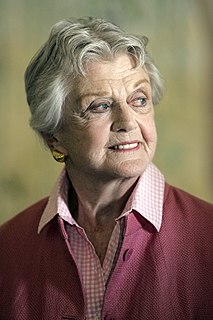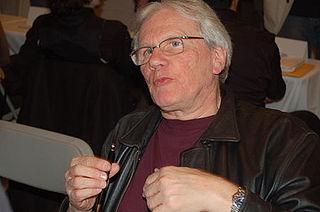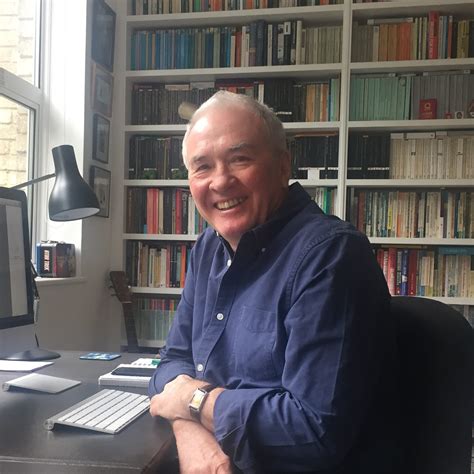A Quote by Angela Lansbury
The collaboration really begins once the rehearsal starts. This is when the actor takes his place, because he becomes the one who is going to bring the words of the author off the page.
Related Quotes
The writer marks the changes he wants to make, while a proofreader also goes through the galley, checking it page-by-page against the manuscript. Once all these changes are identified, a second-pass proof is made, and this, too, gets sent to the author and the proofreader, and the process begins anew.
I usually arrive at the first rehearsal with a vague memory of most of it. But the real work happens in rehearsal, oddly enough, because what happens is that you match the words to the movement, and once you know where you're moving, then the words that accompany that movement become not locked into your mind and your brain and your whole body.
In theater, there's a lot of discipline involved in doing eight shows a week for a year and a half. It's nice to be able to bring some of that bag of tools with you over to the film world, where you don't have the rehearsal, you don't have an audience. You don't have a month of rehearsal to examine these words, and you meet the guy who's going to play your brother the morning that you shoot the scene. So you need a bag of tools.
Writing is a concentrated form of thinking...a young writer sees that with words he can place himself more clearly into the world. Words on a page, that's all it takes to help him separate himself from the forces around him, streets and people and pressures and feelings. He learns to think about these things, to ride his own sentences into new perceptions.
Reading, because we control it, is adaptable to our needs and rhythms. We are free to indulge our subjective associative impulse; the term I coin for this is deep reading: the slow and meditative possession of a book. We don't just read the words, we dream our lives in their vicinity. The printed page becomes a kind of wrought-iron fence we crawl through, returning, once we have wandered, to the very place we started.



































